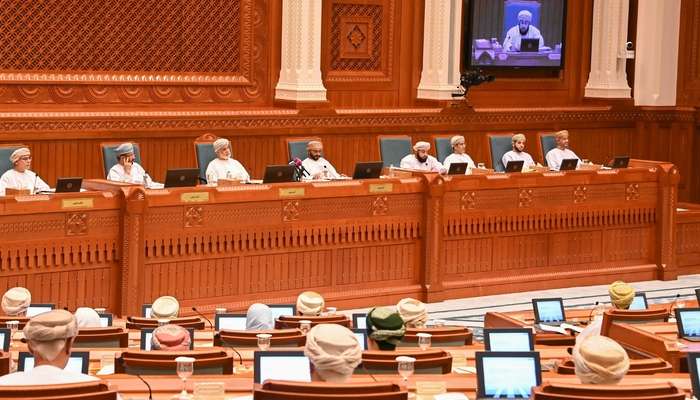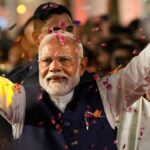The State Council in Muscat recently convened its fifth session of the first annual meeting of the 8th term to discuss the Draft Media Law presented to it by the Council of Ministers. Chaired by Sheikh Abdulmalik bin Abdullah Al Khalili, the Chairman of the State Council, the session addressed various issues related to the council’s work. The Draft Media Law was a focal point of the session, as it was crucial in implementing Article 49 of the Council of Oman Law. The chairman highlighted the efforts put forth by the State Council in fulfilling its duties and commended the members of the permanent or private committees for their contributions. The Secretary General of the State Council also played a pivotal role in supporting the council’s endeavors.
The session included a detailed briefing on the Draft Media Law, providing members with a thorough understanding of its contents and implications. Attendees at the session included council members and the Secretary General, demonstrating the importance of the issue at hand. This law is a significant piece of legislation that will impact the media landscape in Oman, regulating various aspects of media operations within the country. By reviewing and discussing this draft law, the State Council is actively participating in the legislative process, ensuring that all perspectives are considered before finalizing the legislation.
The Draft Media Law is part of the ongoing efforts to modernize and regulate the media sector in Oman, aligning it with international standards and best practices. By addressing issues related to media freedom, responsibility, and ethics, this law aims to create a conducive environment for media professionals to operate in. The State Council’s role in reviewing and deliberating on this law is essential in ensuring that it reflects the values and priorities of the Omani society. The input and feedback provided by council members during the session will help in shaping the final version of the law, making it more effective and relevant to the needs of the country.
The State Council’s discussion of the Draft Media Law is indicative of the government’s commitment to promoting transparency and accountability in the media sector. By enacting this legislation, the government aims to protect the rights of journalists and media organizations, while also holding them accountable for their actions. The law will establish clear guidelines and standards for media operations, helping to prevent misinformation and ensure the dissemination of accurate and reliable information to the public. In doing so, the government hopes to strengthen the role of the media as a watchdog and facilitator of public debate in Oman.
The State Council’s involvement in the legislative process reflects its mandate to represent the interests of the Omani people and contribute to the country’s development. By engaging in debates and discussions on important issues such as the Draft Media Law, the council fulfills its role as a forum for deliberation and decision-making. Through its efforts, the council helps to shape laws and policies that reflect the aspirations and values of the Omani society, ensuring that the government remains accountable to its citizens. The Draft Media Law is just one example of the many initiatives undertaken by the State Council to promote good governance and public participation in Oman.
Overall, the State Council’s discussion of the Draft Media Law underscores the importance of media regulation in promoting a free and responsible press in Oman. By reviewing and providing input on this legislation, the council plays a vital role in shaping the future of the media sector in the country. As Oman continues to modernize and strengthen its institutions, the State Council’s efforts to enhance media governance will contribute to a more transparent, accountable, and vibrant media landscape for the benefit of all stakeholders.









